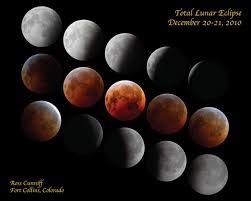记忆方法
将“coincide”分解为“co-”和“cise”。想象两个切割工具(cise)在同一个时间点(co-)精确相交,这象征了两个事物同时发生或相符。这样的视觉联想可以帮助记住这个单词的意思。
以上内容由AI生成, 仅供参考和借鉴
中文词源
coincide 同时发生
co-, 强调。in-, 使。-cid, 掉落,词源同case, accident.
英语词源
- coincide (v.)
- 1705, "be identical in substance or nature," but from 1640s as a verb in English in Latin form, "occupy the same space, agree in position," from Medieval Latin coincidere (used in astrology), literally "to fall upon together," from Latin com- "together" (see co-) + incidere "to fall upon" (in- "upon" + cadere "to fall;" see case (n.1)). From 1809 as "occur at the same time." Related: Coincided; coinciding.
权威例句
- 1. A referendum next year would coincide explosively with the election campaign.
- 明年的全民公决将和竞选活动同时进行,届时局势会十分紧张。
- 2. It's a pity our trips to New York don't coincide.
- 真遗憾我们不能同一时间去纽约旅行。
- 3. His tastes and habits coincide with those of his wife.
- 他的爱好跟习惯恰好和他的妻子相同.
- 4. He happened to coincide with you on this point.
- 在这一问题上,他与你不谋而合.
- 5. The two triangles coincide.
- 这两个三角形相重合.
